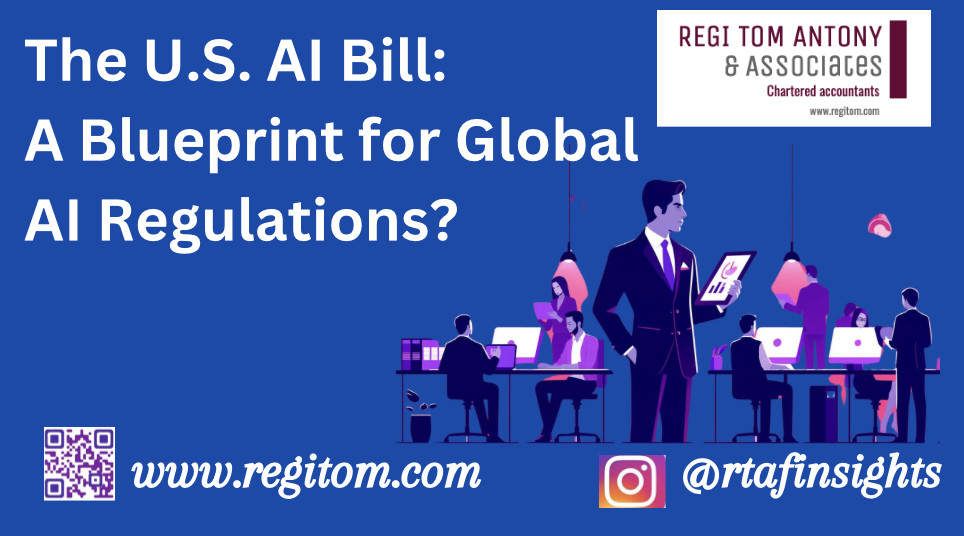Introduction
In a significant legislative move, US Congressman Adam Schiff has introduced the Generative AI Copyright Disclosure Act, 2024. This bill demands greater transparency from tech companies which have developed substantial AI models trained on vast data. The proposed act could reshape the landscape of AI development by addressing long-standing concerns about using copyrighted data in AI training.
Understanding the Bill's Propositions
The essence of the bill is straightforward yet impactful: it requires tech companies to disclose the sources of their data, specifically any copyrighted material used in training their AI models. This disclosure must be registered 30 days prior to the launch of a new model or product, with a proposed penalty for non-compliance set at a minimum of $5,000. This move has been generally well-received as it aims to clarify the murky waters of data usage in AI development.
Copyright in AI: Clarity and Fair Compensation
The bill does not outright ban the use of copyrighted works in AI models. Instead, it seeks to ensure that original creators are compensated for their contributions to the large-scale, commercial products that AI technology facilitates. This approach has been prompted by lawsuits from entities including The New York Times against major AI developers, accusing them of using copyrighted content without permission. By potentially establishing a uniform commercial model, the bill could enhance clarity and fairness, encouraging wider adoption of AI technologies.
Potential Impacts on Global AI Innovation
Contrary to concerns that it might stifle innovation, many in the AI community view the bill as a progressive step towards more ethical practices in AI development. It is seen not as creating bureaucratic roadblocks but as establishing a benchmark for the ethical training of AI models. This could transform the current "black box" nature of AI training into a more transparent process, allowing creators to be fairly compensated and companies to innovate without the overhanging threat of legal challenges.
Setting a Precedent for Global Regulation
Should it pass through the necessary legislative stages to become law, the bill is poised to set a strong precedent that could influence international regulatory approaches to AI. Observers, including policymakers in other countries, believe that the principles laid out in the bill could serve as a model for crafting AI regulations that balance innovation with ethical considerations in various domains worldwide.
Exploring Alternatives and Future Challenges
Companies like Adobe have demonstrated that it is possible to train generative AI platforms using exclusively owned data. However, the necessity for diverse datasets in training more general-purpose AI models means that avoiding copyrighted data entirely may not be feasible for all developers. The passage of this bill could potentially catalyze a shift in how companies approach the compilation of training data, promoting a broader movement towards the use of non-infringing sources.
Concluding thoughts
The Generative AI Copyright Disclosure Act, 2024, represents a pivotal step towards more responsible and sustainable AI development practices. By demanding transparency and ensuring fair compensation for creators, the bill not only addresses ethical concerns but also supports the broader adoption of AI technologies. As the AI landscape continues to evolve, such legislative measures will be crucial in shaping a fair and innovative future for all stakeholders involved.
Please note that the views and interpretations of the U.S. AI Bill discussed in this article are based on the author's analysis and do not reflect official positions or legal interpretations.

 11 Jul 2024
11 Jul 2024